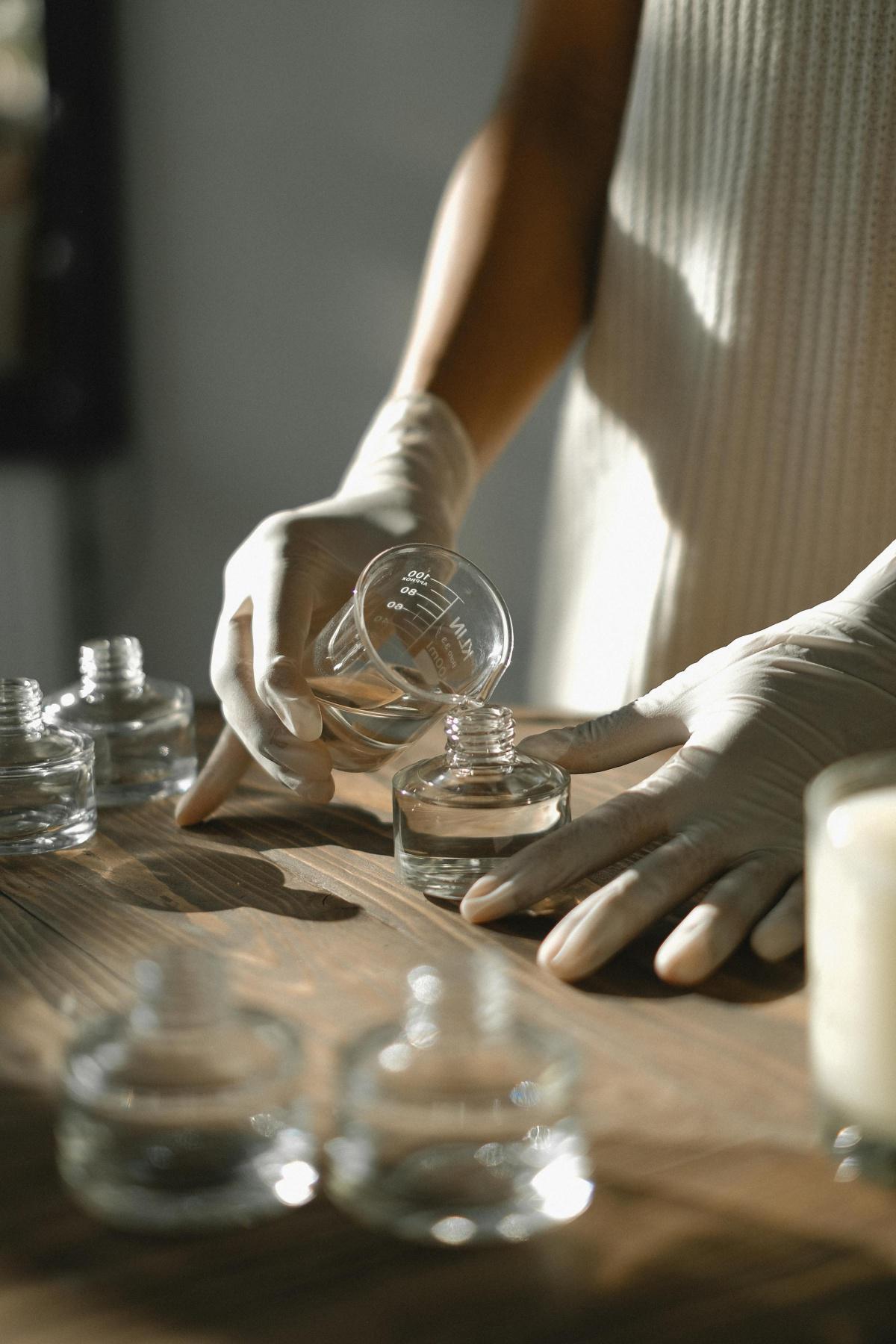Welcome to Angel Holistic Scents, your trusted essential oil education and safe practices source. In this blog post, we'll delve into essential oil safety guidelines to ensure a positive and beneficial aromatherapy experience for everyone.
General Safety Guidelines
- Dilution:
Essential oils are highly concentrated and potent. Always dilute them properly with a carrier oil (such as coconut, jojoba, or almond oil) before applying them to the skin. Follow recommended dilution ratios based on age, health status, and the specific oil used.
- Allergies:
Individuals may have allergies or sensitivities to certain plants or botanicals. Be cautious and perform a patch test before using a new essential oil. Common allergens include nuts, trees (like pine or cedarwood), flowers (such as chamomile or ylang-ylang), fruits (like citrus oils), and spices (such as cinnamon or clove).
- Respiratory Sensitivity:
Some people may be sensitive to strong aromas or volatile compounds in essential oils. Use in well-ventilated areas, and consider diffusing oils at lower concentrations for sensitive individuals.
- Skin Sensitivity:
Certain essential oils, especially citrus oils and those high in phenols (like oregano or thyme), can cause skin irritation or photosensitivity. Avoid sun exposure after applying these oils to the skin.
5. Photosensitivity:
Certain essential oils, such as citrus oil, can make the skin more sensitive to sunlight. Avoid direct sunlight or UV rays for a specific period, up to 24 hours, after applying these oils to the skin.
6. Ingestion:
While some essential oils are safe for internal use ONLY when properly diluted and under the guidance of a qualified aromatherapist or specially trained healthcare professional, not all oils are suitable for ingestion. Exercise caution, and do not ingest oils without proper knowledge and supervision.
Special Considerations
- Pregnancy and Nursing Mothers:
Pregnant and nursing women should consult their healthcare provider or certified aromatherapist before using essential oils. Some oils are contraindicated during pregnancy, especially during the first trimester, and caution should be exercised during breastfeeding.
- Children:
Essential oils should be used sparingly and cautiously with children. Always use age-appropriate dilutions and select oils that are safe for children. Consult with a pediatrician or a certified aromatherapist for guidance.
- Elderly:
Due to potential sensitivities and medical conditions, elderly individuals should use essential oils with care. Consider lower concentrations and gentle oils suited to their needs.
- Pets:
Pets, especially cats and dogs, can be sensitive to essential oils. Avoid direct application on pets and keep diffusers in areas where pets can retreat if they are bothered by the aroma. Research pet-safe oils or consult with a veterinarian or certified aromatherapist.
Other Safety Tips
- Medical Conditions:
Individuals with specific medical conditions such as asthma, epilepsy, or skin disorders should seek advice from healthcare professionals before using essential oils.
- Quality and Purity:
Choose high-quality, pure essential oils from reputable sources. Adulterated or low-quality oils may not provide therapeutic benefits and can pose health risks.
- Storage and Handling:
Store essential oils in dark, glass containers away from heat, light, and moisture to preserve their potency. Keep out of reach of children and pets.
By following these essential oil safety guidelines and practicing responsible aromatherapy, you can enjoy the benefits of natural healing while minimizing potential risks. Remember that individual responses to essential oils can vary, and it is extremely important to use them mindfully. Remember to seek professional advice when in doubt and prioritize quality and purity in your essential oil selection. Check for the latest safety recommendations and guidelines from reputable sources in the field of aromatherapy.
Stay tuned to Angel Holistic Scents for valuable insights, product recommendations, and holistic wellness tips.
Further information on essential oil safety can be found in the following books; this is not exhaustive.
* Tisserand, Robert & Yound Rodney. Essential Oil Safety, (2nd Edition), Churchill Livingstone, USA
* Price, Shirley, Price, Len, & Price, Penny (2022 Revised Reprint). Aromatherapy for Health Professionals. (5th Edition). Elsevier.
xx Angie


